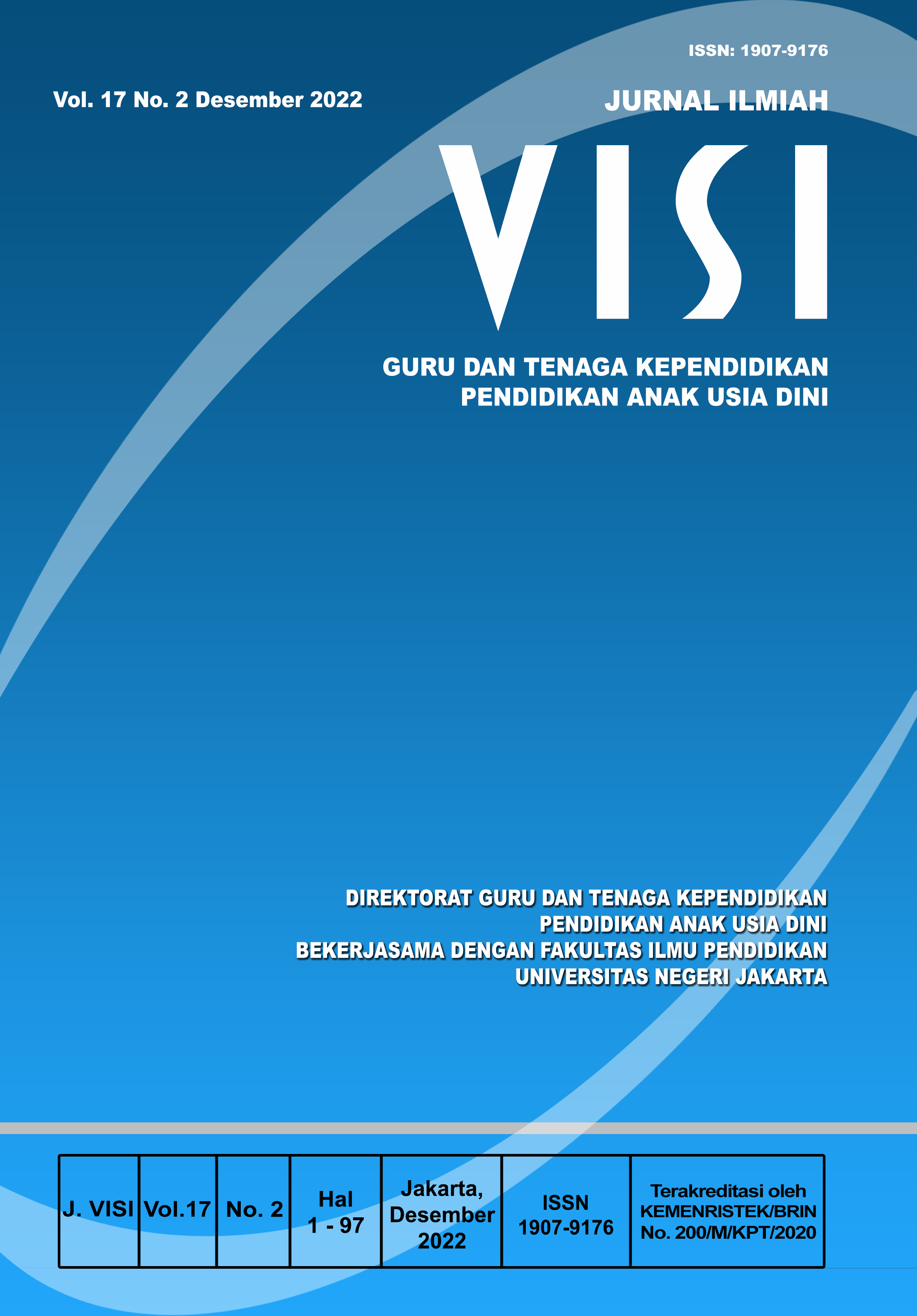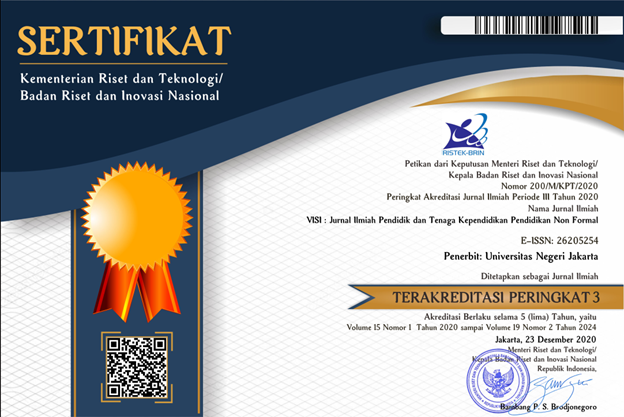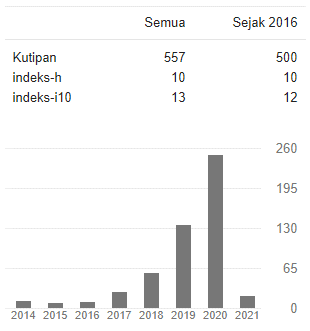MANAGEMENT OF CHARACTER EDUCATION IN KINDERGARTEN
Keywords:
Management, Character education, Early ChildhoodAbstract
The purpose of this study was to determine the application of character education management in Kindergarten 2 Sukarame Bandar Lampung. Data collection techniques using observation, interviews and document studies. Data analysis uses data reduction, data presentation and conclusions. The results showed that the management of character education was developed through (a) the planning stage, the teachers prepare themes, learning methods, determine the types and learning plans to be implemented, socialize the program to parents and arrange various activities arranged in the educational calendar, and prepare Promissory notes. , Rkm and Rpph (b) Implementation stage, at this stage in the division of tasks, responsibilities and authority of character education listed in the organizational structure (c) Supervision Stage, the first supervision is to lead, then supervision is to direct (d) Evaluation stage, At this stage the teacher informs parents in written form or is directly related to the development of the child's character. Character education today is an ongoing discussion in the implementation of educational programs. The curriculum which consists of various educational institutions inserts character as a lesson material that is instilled in students, more than that in Islamic educational institutions, character education in organizations and in student activities.
Downloads
Published
How to Cite
Issue
Section
License
Authors who publish with this Journal agree to the following terms:
- Author retain copyright and grant the journal right of first publication with the work simultaneously licensed under a creative commons attribution licensethat allow others to share the work within an acknowledgement of the work’s authorship and initial publication of this journal.
- Authors are able to enter into separate, additional contractual arrangementfor the non-exclusive distribution of the journal’s published version of the work (e.g. acknowledgement of its initial publication in this journal).
- Authors are permitted and encouraged to post their work online(e.g. in institutional repositories or on their websites) prior to and during the submission process, as it can lead to productive exchanges, as well as earlier and greater citation of published works.
- Users/public use of this website will be licensed to CC BY-NC-SA Creative Commons Attribution-NonCommercial-ShareAlike 4.0 International License









